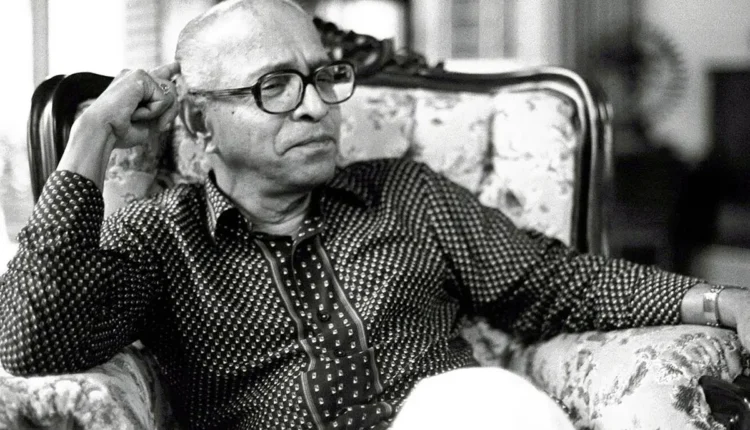Devan Nair :- In the tapestry of Singapore’s history, few figures stand as tall as Chengara Veetil Devan Nair, fondly known as Devan Nair. His life, spanning from 5 August 1923 to 6 December 2005, weaves a narrative of resilience, activism, and presidential leadership that continues to inspire generations.
Devan Nair’s Early Life and Education
Born in Malacca to a family with roots in Thalassery, Kerala, India, Nair’s journey to prominence began when his family emigrated to Singapore. His formative years at Rangoon Road Primary School and Victoria School set the stage for a lifetime of intellectual curiosity and anti-colonial sentiment.
Nair’s foray into education and activism started post-World War II when he became a teacher at St Joseph’s Institution and St Andrew’s School.
In 1949, he assumed the role of general secretary of the Singapore Teachers’ Union, displaying early signs of discontent with colonial rule through symbolic acts such as changing the lyrics of Rule Britannia during a choir performance.
Career
Nair’s political awakening led him to the Communist Anti-British League before aligning with Lee Kuan Yew’s People’s Action Party (PAP) in 1954.
His anti-colonial activities resulted in detentions by the British in 1951 and 1956, the latter occurring after the Chinese middle school riots. However, victory in the 1959 Singaporean general election secured his release, marking the beginning of a political career.
After briefly serving as political secretary to the Minister for Education, Nair delved into Malaysian politics, winning the Bangsar constituency in the 1964 general election.
His involvement in the Democratic Action Party (DAP) and later, the leadership of the National Trades Union Congress (NTUC), showcased his commitment to social justice and advocacy for developing nations.
Presidency and Controversial Resignation
Nair’s entry into the Singaporean Parliament in 1979 culminated in his presidency in 1981. However, his sudden resignation in 1985 under unclear circumstances raised eyebrows.
Deputy Prime Minister Goh Chok Tong attributed it to alcoholism, a claim vehemently denied by Nair. Allegations of political pressure, a chess game threat, and even drug-induced disorientation emerged, leading to a libel suit against Goh.
Death and Legacy
After retirement, Nair and his wife migrated to the United States before settling in Hamilton, Canada. His legacy, especially in the labour movement, remains celebrated in Singapore. The Devan Nair Institute, inaugurated in 2014, stands as a testament to his contributions, to fostering employment solutions.
Personal Life and Devan Nair Institute
Survived by his children, Nair’s family continues to honour his memory. His son Janadas Devan, a prominent figure in media and government communications, reflects the family’s commitment to public service. The Devan Nair Institute continues to be a hub for workers and employers, embodying Nair’s enduring legacy.
Devan Nair’s journey, marked by activism, political leadership, and resilience, transcends time. His legacy lives on in the hearts of those inspired by his unwavering commitment to justice, equality, and the empowerment of the common worker.
In the tapestry of Singapore’s history, few figures stand as tall as Chengara Veetil Devan Nair, fondly known as Devan Nair. His life, spanning from 5 August 1923 to 6 December 2005, weaves a narrative of resilience, activism, and presidential leadership that continues to inspire generations.
Also Read :- Ramanathan: From Civil Service to Presidency

